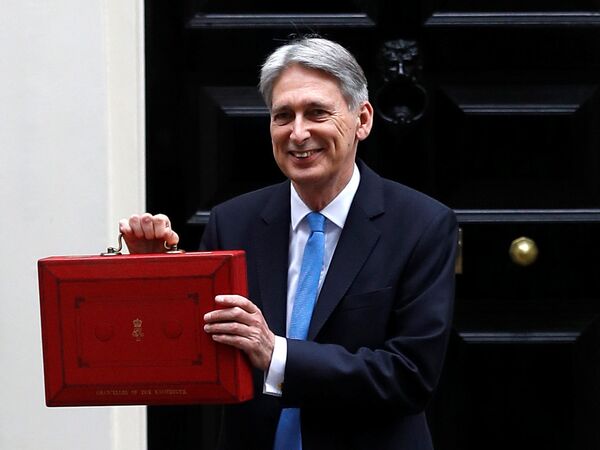Philip Hammond, the British finance minister announced in his budget on Wednesday, November 22, moves to take action against multinational companies who employ complex subsidiaries to switch billions of pounds from UK-generated sales to tax havens around the world.
The UK Chancellor hinted that any future royalty payments relating to UK sales would be subject of a withholding tax, introduced several years ago. It is estimated that it could generate a yield of around £285 million (US$379 million) during the financial year 2019-2020.
Professor Johnes said the way it could work involves amending the withholding tax which is something that companies of this kind operating in the UK already have to pay even if they are sending some of the profits abroad.
"That withholding tax is currently 20 percent. The proposal is simply to make this apply to cases where the company is based in a low tax country but is licensed to a company in another country, such as Google in the Bahamas. We know where companies have permanent establishments, part of this change is to encourage companies to have permanent establishments in the UK," Professor Johnes explained.

Tax Havens
"Amazon is now being taxed in the UK as a result of the encouragement it was given," the professor said, adding he believed others will soon follow suit.
The economics professor also remains convinced that the role of future tax havens such as Bermuda and the Bahamas where companies pay no tax will change in the coming years.
"The idea of tax havens is a little dated, and there are also low tax economies, but there is something of a stigma that attaches to the title of being a tax haven and countries are increasingly reluctant to be seen as the kind of pariah that it represents," Professor Johnes told Sputnik.
According the academic, Hammond's suggestion is an interim measure designed to be put in place as a "bit of sticking plaster" while international negotiation on tax treaties and how to deal with the digital economy globally is being thrashed out.


